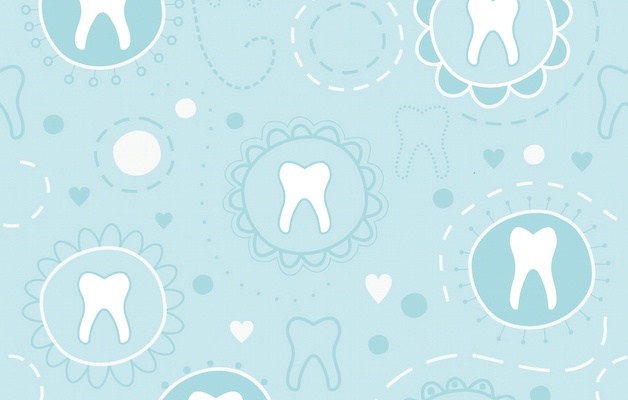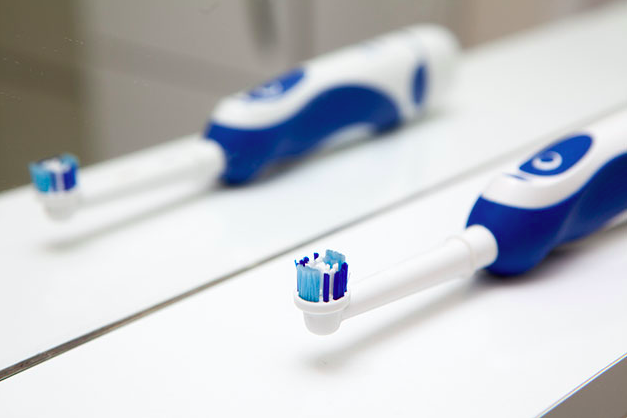
Maintaining optimal oral health can be challenging for anyone. In our fast-paced society, we do a lot of our eating on the run. Plus, proper self-care oral health habits take time, which is in short supply these days. And, it can feel like a chore to brush or floss your teeth, much less to visit the dentist.
But for individuals with disabilities, these important habits can be even more challenging to accomplish.
So, how can individuals with disabilities still maintain their best oral health by successfully meeting these challenges? Here are some tips that can help:
Rely on a support system
While many adults with disabilities lead full, independent lives despite the challenges they face, everyone needs help from time to time. It’s important for the individual, as well their family, friends, and caretakers to realize that caring for their oral health is not an area that should be ignored or downplayed in favor of independence.
If the disability prevents an individual from being able to able to brush or floss their teeth adequately, those habits should be incorporated into a daily caregiving routine so they can be done with assistance.
Choose the right supplies

In some cases, making wise purchasing choices about the types of oral health supplies can make a big difference.
For instance, some health conditions and disabilities make it very difficult for people to effectively brush their teeth, because of the coordination required to manually move the toothbrush around the mouth and clean each tooth’s surface. In this case, many have found that an electric toothbrush is an excellent alternative, because it requires far less intricate control and can be guided easily over the teeth as needed.
Similarly, some flossing instruments and water picks can be easier and more effective than using traditional dental floss if a person has a difficult time coordinating their fingers or reaching far back in their mouth.
Seek out experienced professionals
"While many adults with disabilities lead full, independent lives despite the challenges they face, everyone needs help from time to time[...]caring for their oral health is not an area that should be ignored or downplayed in favor of independence."
While every dentist office must provide access for those in wheelchairs and those with other disabilities, that doesn’t automatically mean that every dentist’s office is equipped or experienced to provide optimal care for individuals with disabilities.
In many cases, doing so requires some adjustments to the office’s normal routine, even for a standard cleaning and examination. As highlighted in this article by NPR, locating an office and trained staff with experience working with individuals with various disabilities can be invaluable for individuals and their families.
Keep costs under control
In many cases, people with disabilities already face higher-than-average medical bills, which can leave them with a difficult decision about the types of care they can afford to receive. In this situation, dental care will often take a back seat to more pressing issues, especially if they’re not experiencing any acute pain or discomfort.
Adding to this challenge, many American adults over the age of 65 with disabilities receive medical insurance through Medicare, which offers little or no coverage for dental care. This leaves most disabled American adults paying out of pocket to maintain their oral health.
An alternative that can make adequate dental care far more affordable is a discount dental plan. These plans offer 20% to 50% off the retail cost of services through a nationwide network of dentists, and require just a small monthly or annual membership fee that covers everyone in the household.
By locating a dentist experienced in treating patients with disabilities on a list of offices that participate with the discount plan, the individual can ensure high quality oral health care at an affordable price.
To explore the dental discount plan more thoroughly, click on the button below.

